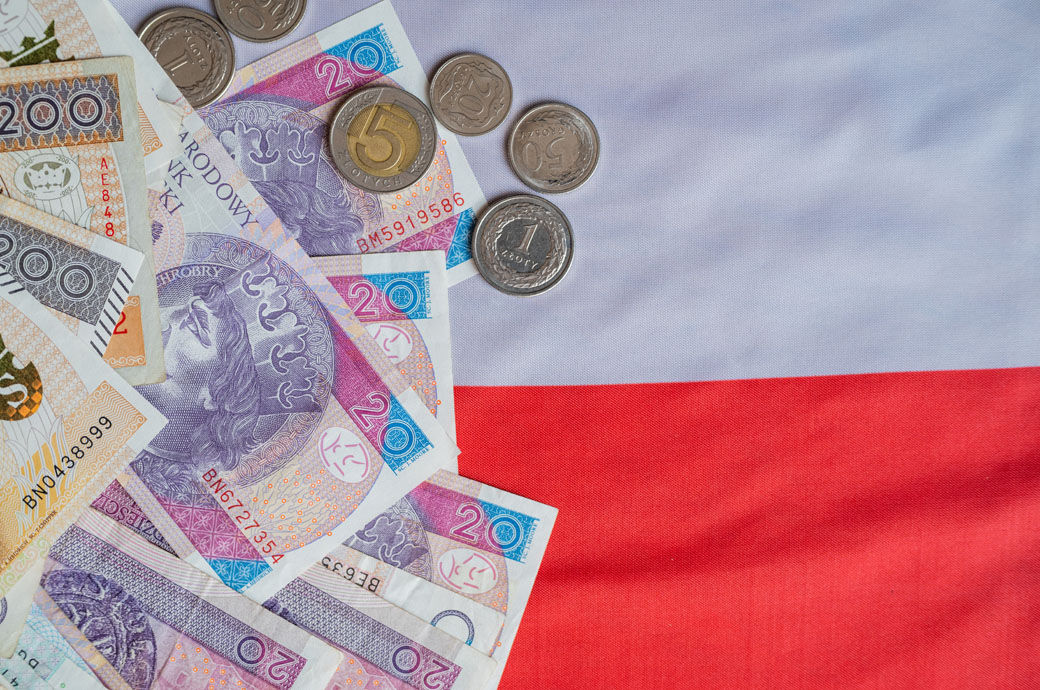Poland's economic growth projected at 0.3% in 2023: IMF

Insights
- Poland's economy has significantly slowed amid still-high inflation, the IMF executive board recently said after concluding the Article IV consultation I with the country.
- Economic growth is projected at 0.3% in 2023 before a projected rebound in 2024.
- Despite the projected slowdown this year, medium-term economic prospects remain favourable, it said.
Following a rapid recovery from the pandemic, the Polish economy grew by 5.1 per cent in 2022, though the economy slowed considerably later in the year.
With high inflation eroding real wage growth and investment facing headwinds from energy prices and interest rates, economic growth is projected at 0.3 per cent in 2023 before a projected rebound in 2024, IMF said.
Over the medium term, Poland’s potential growth is projected to remain around 3 per cent, with strong investment, supported by next-generation European Union (EU) grants, temporarily offsetting the negative effects of population aging.
The general government deficit is projected to widen further to 4.5 per cent of the gross domestic product (GDP) this year, mainly due to the slowing economy.
Over the medium term, the general government deficit is projected to stabilise around 3.5 per cent of the GDP and debt to increase to about 55 per cent of the GDP, IMF forecast.
The projected stabilisation of food and energy prices is projected to drive a significant decline in headline inflation in 2023, though the easing of core inflation is projected to be more protracted. Inflation is projected to decline near the target by the end of 2025, it noted in a release.
Despite the projected slowdown in 2023, medium-term economic prospects remain favorable. In the near term, high inflation has eroded real wage growth, while investment faces headwinds from energy prices, interest rates and declining housing activity, IMF noted.
As shocks fade and real wage growth recovers, the economy is projected to rebound in 2024 and 2025. Nevertheless, considerable near-term uncertainty will require deft policy management as policymakers seek to lower inflation without incurring an excessive cost to economic output, it said.
A fiscal expansion in 2023 should be avoided to help combat still-high inflation. While the fiscal deficit is projected to widen in 2023 mainly due to the slowing economy, any policy driven fiscal loosening should be avoided unless major downside risks materialize, IMF suggested.
Ongoing public investments and structural reforms are needed to bolster longer-term economic growth and convergence and meet climate goals, IMF added.
Fibre2Fashion News Desk (DS)
































-Ltd..jpg?tr=w-120,h-60,c-at_max,cm-pad_resize,bg-ffffff)





.jpg?tr=w-120,h-60,c-at_max,cm-pad_resize,bg-ffffff)
.jpg?tr=w-120,h-60,c-at_max,cm-pad_resize,bg-ffffff)






